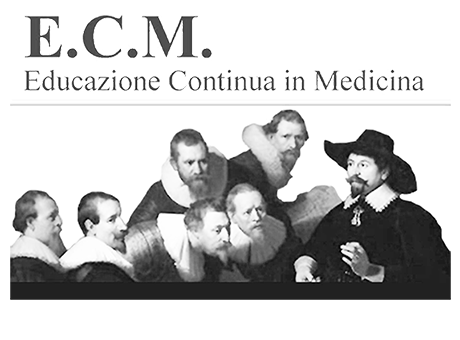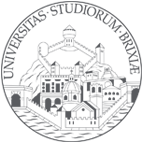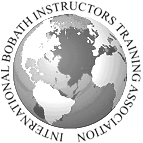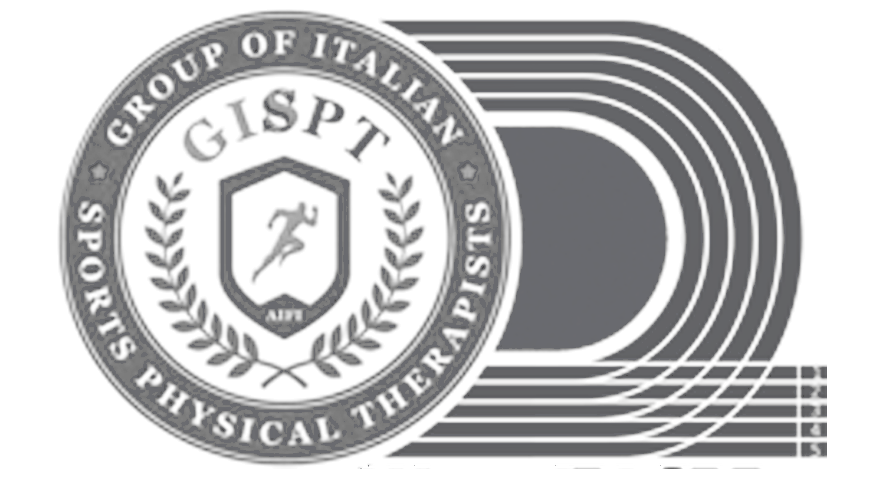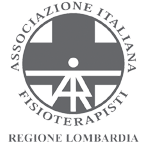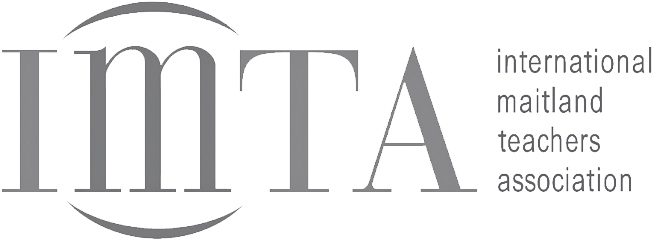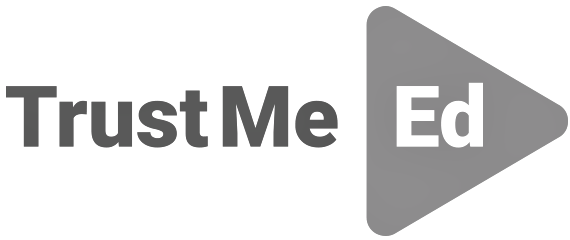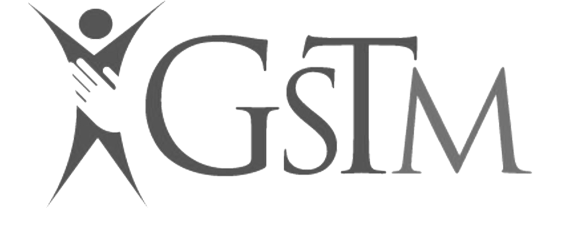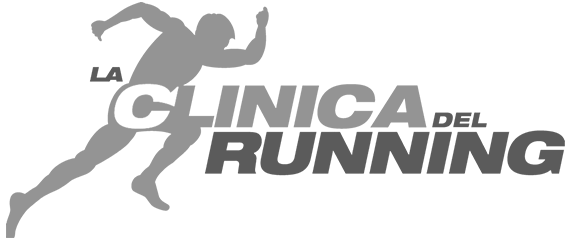October 13, 2024
EM341: Workshop - The clinical benefits of rotation in the treatment of central lesions: enhancing motor control according to the Bobath Concept
-
Mary Lynch ElleringtonPt, FCSP, IBITA Senior Instructor
-
Alba MagriPt, IBITA Advanced Course Instructor
Introduction:
The movements of the body that follow a linear trajectory are the result of a series of rotations and counter-rotations of the body segments: rotation is dominant in all activities of daily life such as walking, running, climbing the stairs, taking an object from the shelf...
Rotation functionally connects the two sides of the body, the upper extremities with the lower ones, facilitates the transmission of forces between body segments, enhances the lengths and ranges of movement, modulates reflex responses in many neurological conditions, it is an accessory movement that allows joints to move at full range.
In central lesions this motor component is often limited and the movement as a whole appears rigid, not very fluid and dominated by high levels of fixation. The aim of this workshop is to reflect on the importance of using rotation in a therapeutic key (in joint, tissue, trunk and limb mobilisation) to look at the recovery of movement in its three-dimensionality. The Bobath Concept is an approach to the rehabilitation of adults with acquired neurological damage born from the work of Berta and Karel Bobath and has evolved over the last 70 years. The rationale for its application is rooted in current neuroscientific knowledge relating to motor control, motor learning, neural and muscular plasticity and in current biomechanical knowledge.
Specific objectives:
- Train the analysis of functional movement by refining evaluation skills to identify deviations of pathological movement compared to the typical patterns of the main activities of daily life
- Better understand the role of rotation at the muscular, joint and axial level for the movement of the limbs and body in space
- Acquire facilitation techniques to recover and train the movement understood in its three-dimensionality and refine manual skills
- Support comparison and discussion between participants and teachers and train clinical reasoning
In collaboration with:
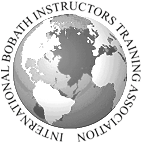
Intended for
Payments
- Deposit €305.00 within 7 days from the registration
- Balance €244.00 by date September 16, 2024
Calendar
language
Course Location: Brescia @Sala Formazione Edumed
SCHEDULE
First day
8.45-9.00 Registration of participants and presentation of course objectives
9.00-11.15 Lesson: Rotation in efficient human movement: an overview
11-15-11.30 Coffee breaks
11.30-12.45 Demonstration of a clinical case by the teacher in a collective session
12.45-13.00 Synthesis of clinical reasoning and discussion
1.00pm-2.00pm Lunch
2.00pm-3.30pm Practical laboratory 1: The rotary components of walking (brief theory and introduction to practice) – The work of the lower limbs in the gait pattern
3.30-3.45pm Coffee breaks
3.45pm-5.30pm Practical laboratory 2: The rotary components of walking: considerations on the work of the trunk and upper limbs
5.30-5.45pm Summary of learning, questions and conclusions.
Second day
8.45-10.00 Lesson: Functional patterns: comparison between typical movement and pathology (video presentation and discussion)
10.00-11.00 Laboratory 3: The rotational elements necessary for functional reach-to grasp (brief theory and introduction to practice)
11.00-11.15 Coffee break
11.15-12.45 Demonstration of a clinical case by the teacher in a collective session
12.45-13.00 Synthesis of clinical reasoning and discussion
1.00pm-2.00pm Lunch
2.00pm-3.30pm Practical laboratory 4: External rotation of the shoulder as a common element for the postural basis of reaching and the linear trajectory of the arm
3.30-3.45pm Coffee breaks
3.45pm-5.30pm Practical laboratory 5: Rotation of the forearm as a prerequisite for the orientation of the hand to the object
5.30-5.45pm Summary of learning, questions and conclusions.
Third day
8.30-11.15 Practical laboratory 6: Rotation around the median axis of the body: reaching and taking in different points of space, the transition sitting-supine-side lying-prone
11.00-11.15 Coffee break
11.15-12.45 Demonstration of a clinical case by the teacher in a collective session
12.45-13.00 Synthesis of clinical reasoning and discussion
1.00pm-2.00pm Lunch
2.00pm-3.00pm Practical laboratory 7: Rotation around the median axis of the body: changes in direction
3.00pm-4.15pm Practical laboratory 8: Rotation around the median axis of the body - Transfers to the ground: sitting-lateral sitting-quadrupedia and back
4.15pm-5.00pm ECM practical test and conclusion of the course
